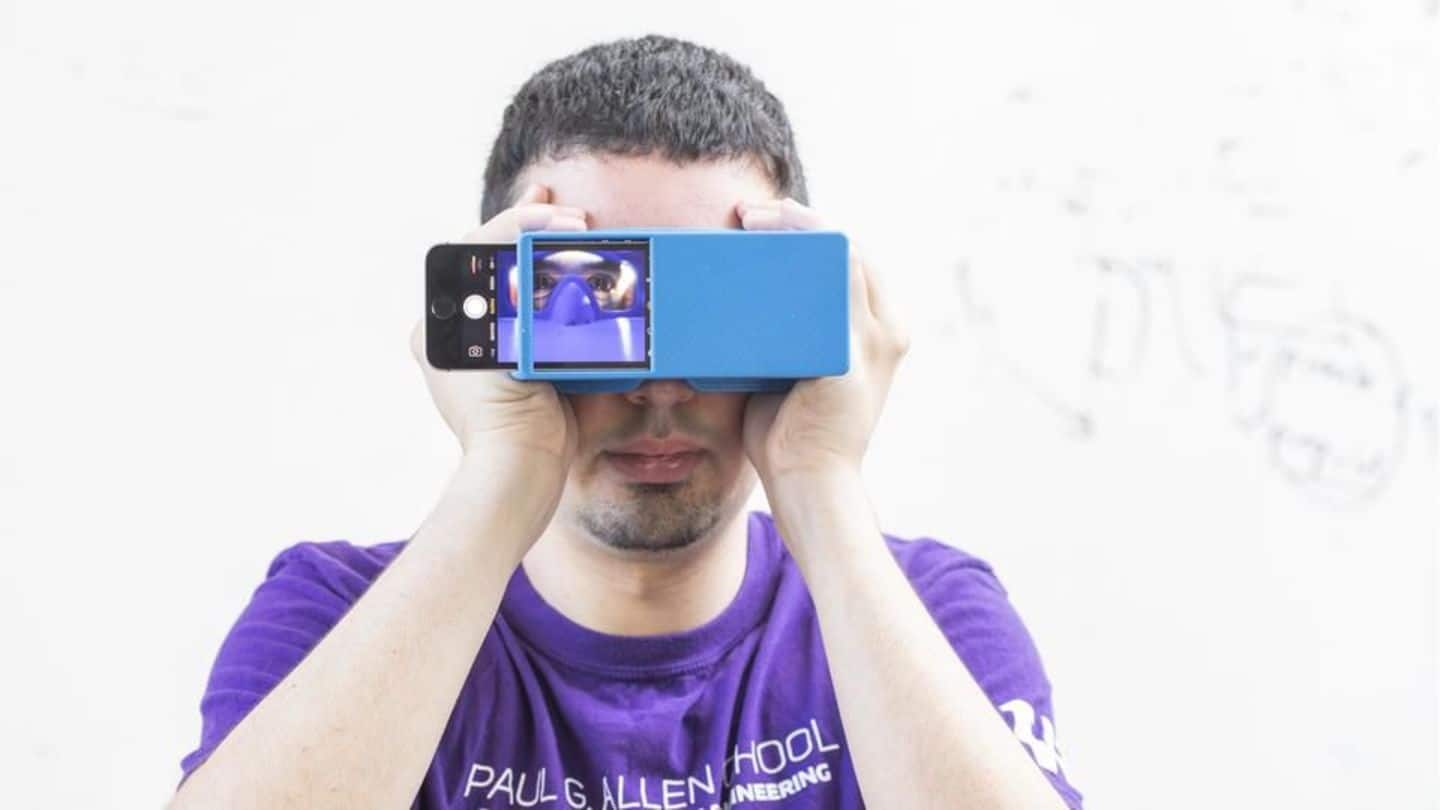
Scientists develop app to detect pancreatic cancer through selfies
What's the story
Pancreatic cancer is one of the worst medical conditions with a low survival rate; only 9% patients survived past five years.
The main reason behind this is, by the time people show symptoms, the cancer is usually much advanced.
To overcome this, University of Washington scientists created an app "BiliScreen" using which people can screen for pancreatic cancer by clicking selfies.
Here's more!
Pancreatic Cancer
Connection between bilirubin levels and pancreatic cancer
Increased levels of bilirubin, a component of bile fluid produced by the liver, could indicate the presence of pancreatic cancer.
Jaundice is seen in pancreatic cancer patients when the tumor blocks the bile duct, which connects the liver and the pancreas.
It is, however, important to understand that not all pancreatic cancer patients experience jaundice; it's dependant on the tumor's size and location.
BiliScreen
Could be a new and better pancreatic cancer screening program
One of the first symptoms of pancreatic cancer and other such diseases is jaundice (yellow discoloration of eyes/skin) due to high bilirubin levels in the blood.
Using smartphone cameras, computer vision algorithms, and machine-learning tools, BiliScreen detects increased bilirubin levels in a person's sclera (white area of eyes).
Its ability to detect jaundice even before it's visible is helpful for those at risk.
Detection
How does the BiliScreen app work?
By analyzing the sclera, BiliScreen calculates the color information and then correlates it with bilirubin levels using machine-learning algorithms.
A computer vision system developed by the research team can effectively isolate a person's sclera, a valuable medical diagnostics tool.
Researchers tested BiliScreen in various lighting conditions with paper glasses printed with colored squares for calibrating color and a 3D printed box to block ambient lighting.
Information
BiliScreen based on another app
BiliScreen is built based on another app "BiliCam", also developed by University of Washington researchers. BiliCam screens for jaundice in infants by taking pictures of their skin. A recent study found that the app could accurately estimate the levels of bilirubin in 530 newborns.
The Study
Initial clinical study shows the app has promise: Jim Taylor
Professor Jim Taylor, whose father died of pancreatic cancer, said it is a terrible disease "with no effective screening right now."
The researchers conducted the initial study on 70 people; it was found BiliScreen identified 89.7% cases correctly, much better than the conventional blood test.
The study's lead author, Alex Mariakakis, stated that BiliScreen could identify potential cancer cases before it's too late.